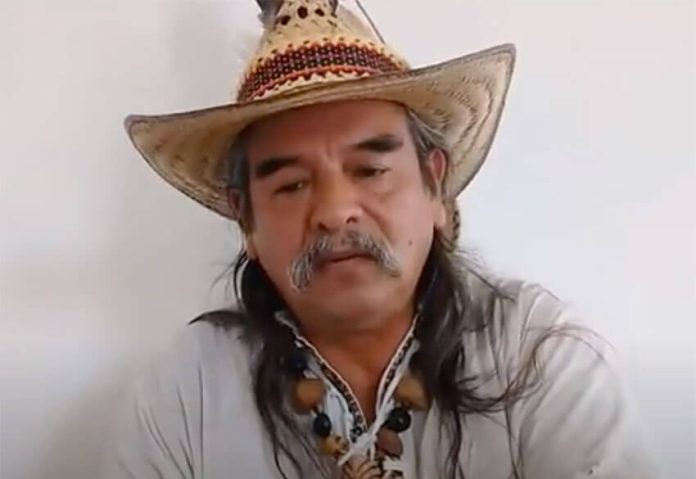The number of speakers of a Mayan language known as Mam declined by about 50% between 2005 and 2020, leading to fears that the language and culture could die out in southern Mexico.
The 2005 census counted over 19,000 speakers of Mam but the number had declined to just 9,800 by 2020.
The language is spoken in 14 municipalities near the border with Guatemala in the southern state of Chiapas, according to a report by the newspaper Diario del Sur. Among them are Unión Juárez, Tapachula, Huehuetán and Amatenango de la Frontera.
Diego Toj, a member of the Maya-Mam Regional Indigenous Council, told Diario del Sur that efforts to preserve the Mam language have been limited to grandfathers, grandmothers and bilingual teachers. But they don’t have educational materials to support their efforts or adequate spaces in which to teach, he said, adding that they are not remunerated for their work.
Toj said there is scant interest from Mexican authorities to preserve the Mam culture and language, which is spoken more widely in Guatemala. That lack of interest as well as the migration of young people to central Mexico and the United States are factors that have put the language, gastronomy, herbal medicine, ceremonies and rituals and culture generally at risk of extinction, he said.
Toj said that authorities need to provide resources to ensure their conservation, noting that neither the federal nor the Chiapas government has allocated funds to that end for years.
The Mam people, who live in the Soconusco and Sierra Mariscal regions of Chiapas, and other indigenous groups need more than good intentions, the council member said, asserting that investment in healthcare and basic infrastructure such as roads is also needed.
José Castañón Ramírez, a Mam teacher, told Diario del Sur that authorities have announced programs to “rescue” indigenous languages and culture, but they haven’t reached Mam communities in southern Chiapas. He acknowledged the existence of authorities such as the National Institute of Indigenous Peoples (INPI) and National Institute of Indigenous Languages (INALI), but complained that there is no on-the-ground support from them.
Irma Pineda, Mexico’s representative to the United Nations Permanent Forum on Indigenous Issues said earlier this year that a proposal to incorporate INALI into INPI showed that protecting native tongues is not a priority for the federal government.
Similarly, Castañón said it was regrettable that the current federal government doesn’t provide sufficient support to indigenous communities – even though President López Obrador styles himself as a champion of Mexico’s most marginalized and impoverished people.
With reports from Diario del Sur
